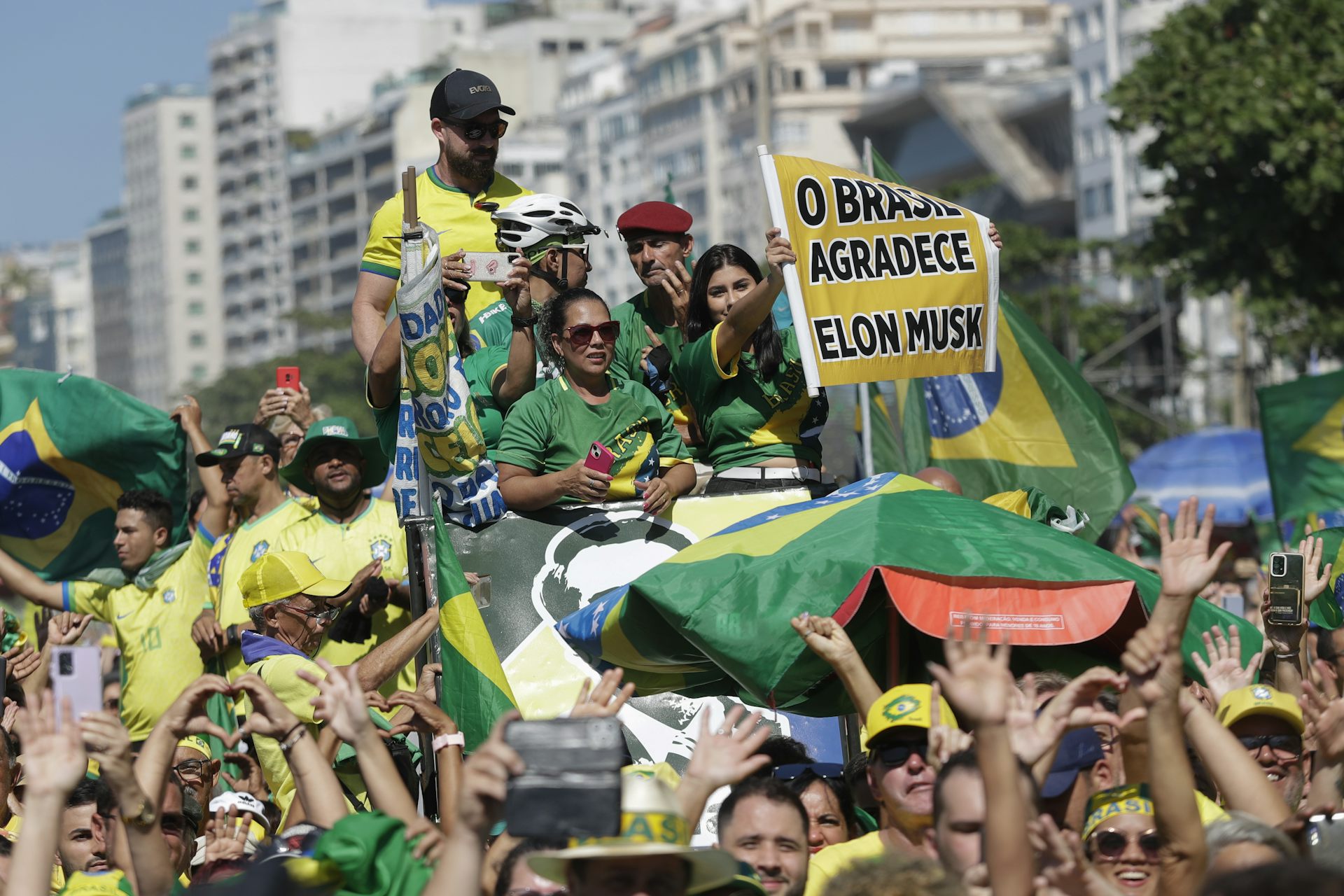
Lula Slams Elon Musk Over Brazil’s X Ban: A Clash of Power and Principle
In a heated exchange that underscores the growing global tension between tech giants and national governments, Brazilian President Luiz Inácio Lula da Silva has taken a firm stand against Elon Musk and his social media platform, X. Lula's recent comments highlight a critical moment in the ongoing battle over the regulation of digital spaces and the responsibilities of global tech leaders.
Lula's remarks came on the heels of Brazil's Supreme Court upholding a ban on X, formerly known as Twitter. The court's decision, which followed a unanimous vote on September 2, 2024, was the result of X's refusal to comply with legal orders to remove accounts accused of spreading misinformation and to appoint a local legal representative. This ruling has rendered X largely inaccessible in Brazil, a significant blow given the platform's extensive user base in the country.
In his statement to CNN Brasil, Lula expressed hope that this situation could serve as a global lesson. "We are not obliged to accept Musk's far-right free-for-all simply because he is wealthy," Lula asserted. This statement reflects Lula's broader criticism of Musk's approach to global governance and free speech.
Also Read:- Maren Morris Spotted with Netflix Star Justin Assada After Divorce
- Suspension of Eritrean Airlink Marks a New Low in Horn of Africa Relations
The backdrop to this conflict is complex. The Brazilian Supreme Court had initially ordered the suspension of X after the company failed to act on directives to curb disinformation. The platform's non-compliance, particularly its refusal to designate a legal representative in Brazil, led to the court's decisive action. Lula's comments come as Brazil braces for a far-right rally in São Paulo, with supporters of former President Jair Bolsonaro expected to protest against the court's decision. This rally, which Musk has publicly supported, further complicates the political landscape.
Musk's reaction to the ban has been vehement. He has framed the suspension of X as a form of "illegal political censorship" and accused Brazilian authorities of trying to suppress conservative voices. This narrative has been bolstered by his alignment with Bolsonaro’s radical movement and his endorsement of Donald Trump, amplifying his stance on free speech.
Critics, however, argue that Musk's defense of free speech is selective. Brazilian columnist Pedro Doria pointed out that Musk's actions in Turkey, where X (then Twitter) complied with government censorship requests during the May 2023 elections, contradict his current stance. This inconsistency raises questions about Musk's commitment to free speech, as he has been accused of prioritizing compliance with local laws in some countries while resisting them in others.
The debate over the ban is more than a clash between a tech billionaire and a national court; it reflects broader concerns about the role of social media in democratic societies and the power dynamics between global tech companies and sovereign nations. As Brazil navigates this contentious issue, it sets a precedent for how countries might handle the influence of tech giants on their political and social landscapes.
In summary, Lula’s comments and the ongoing legal battle over X highlight a significant juncture in the intersection of technology, politics, and law. This clash not only underscores the complexities of global digital governance but also reflects the growing scrutiny of how tech platforms operate within national jurisdictions. The outcome of this dispute may well influence future interactions between governments and global tech entities.
Read More:

0 Comments